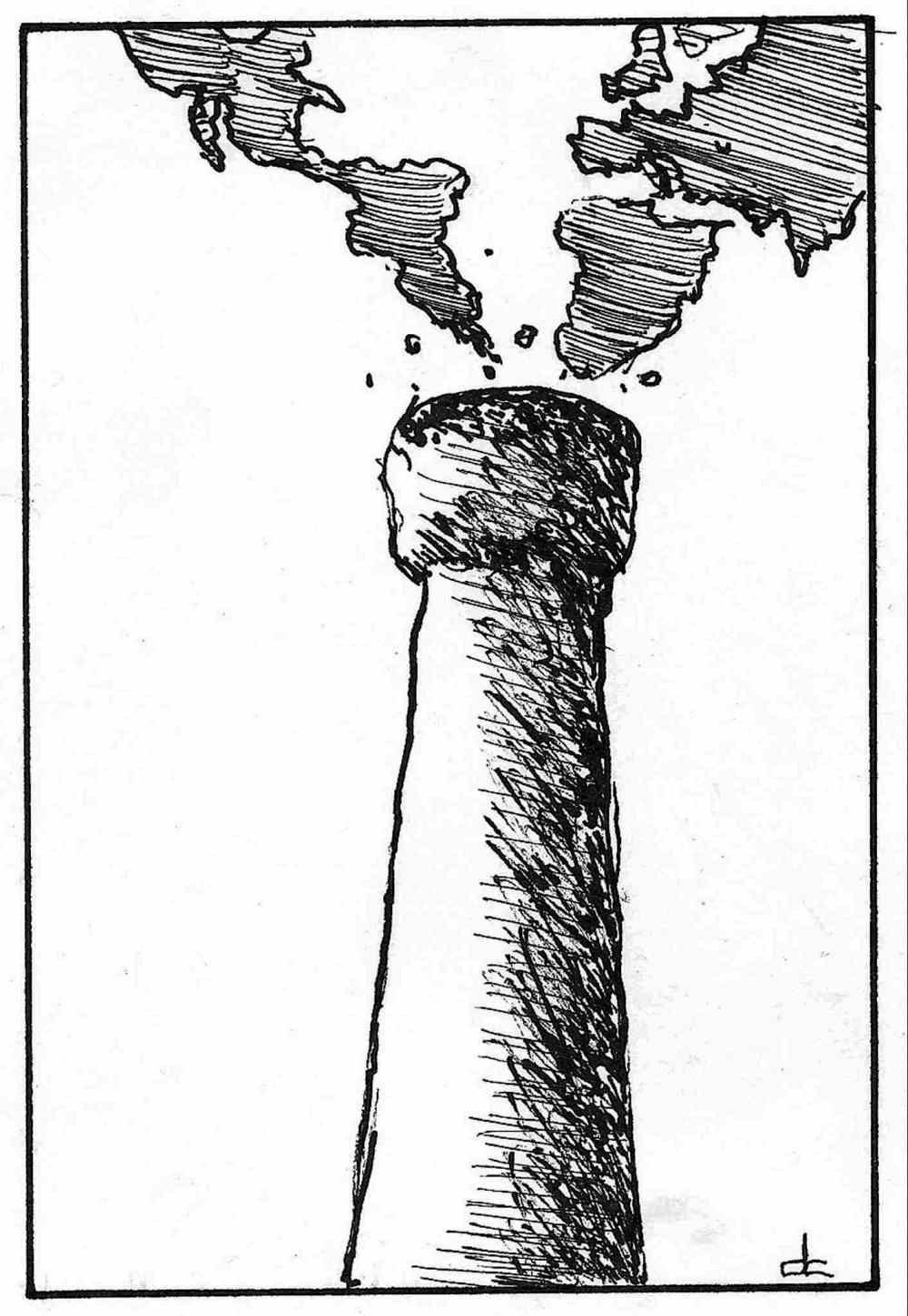Climate warming up for Mr. Harper
Advertisement
Read this article for free:
or
Already have an account? Log in here »
To continue reading, please subscribe:
Monthly Digital Subscription
$1 per week for 24 weeks*
- Enjoy unlimited reading on winnipegfreepress.com
- Read the E-Edition, our digital replica newspaper
- Access News Break, our award-winning app
- Play interactive puzzles
*Billed as $4.00 plus GST every four weeks. After 24 weeks, price increases to the regular rate of $19.00 plus GST every four weeks. Offer available to new and qualified returning subscribers only. Cancel any time.
Monthly Digital Subscription
$4.75/week*
- Enjoy unlimited reading on winnipegfreepress.com
- Read the E-Edition, our digital replica newspaper
- Access News Break, our award-winning app
- Play interactive puzzles
*Billed as $19 plus GST every four weeks. Cancel any time.
To continue reading, please subscribe:
Add Winnipeg Free Press access to your Brandon Sun subscription for only
$1 for the first 4 weeks*
*$1 will be added to your next bill. After your 4 weeks access is complete your rate will increase by $0.00 a X percent off the regular rate.
Read unlimited articles for free today:
or
Already have an account? Log in here »
Hey there, time traveller!
This article was published 15/11/2014 (3974 days ago), so information in it may no longer be current.
Prime Minister Stephen Harper said a lot of the right things in response to the historic agreement between China and the United States to reduce greenhouse gas (GHG) emissions. It was “a very positive thing,” he said, noting the government had long believed such an agreement was necessary before real progress could be made on the problem.
After all, the prime minister noted, China and the United States account for some 45 per cent of the world’s GHG emissions.
Unfortunately, he avoided commenting on his government’s long-standing commitment to harmonize its energy policies with the Americans and to follow their lead in reducing the continent’s carbon footprint.

It was always convenient for Canada to say it would follow in America’s footsteps, particularly when our neighbour to the south was only taking baby steps. Both countries believed it was unfair to take unilateral action when other major emitters were doing so little, or nothing at all. Jobs were at stake, and there was no point hurting our economies when drastic action wouldn’t put a serious dent in the global growth of toxic emissions.
The world is still not united on this pressing issue, but it will be easier to persuade the holdouts to come aboard if the United States, China and possibly Canada are leading by example. Many other countries, particularly the Europeans, are already showing leadership.
Mr. Harper has been coy on his government’s next steps, but he will have a lot of explaining to do if he tries to wiggle out of his previous commitment to a continental energy policy.
The issue isn’t Canada’s total emissions, which are only two per cent of the world’s output. From a per capita basis, however, Canada is one of the planet’s worst polluters. Among 17 OECD countries, only two — the United States and Australia — have a worse per-capita output.
It will also be impossible to convince countries like India, Russia and Japan to join a crusade against carbon if Canada says nothing it does will make a difference.
Canada’s per capita GHG emissions have been falling since 1990, but the Europeans have reduced them even more.
The problem for Canada — and Mr. Harper — is that nearly 25 per cent of the country’s emissions are produced by Alberta’s oil and gas industry, which accounts for 0.05 per cent of the world total.
Mr. Harper may try to argue that the United States is increasing its reductions in GHG by targeting coal-fired plants, not the oil industry. Canada already has restricted the coal industry, as well as the transportation sector, but the only way to match the new targets set by China and the United States is through the oil and gas sector.
Of course that wouldn’t go over very well in Alberta, Mr. Harper’s home base.
Alberta has already introduced mandatory reduction targets for emissions and imposed fines on firms that fail to meet them. New technologies are also making a difference.
The bottom line, however, is that Mr. Harper will need to come up with a strategy to match America’s targets, or risk more condemnation on the world stage. Polls show Canada’s image has deteriorated as a result of its weak stance on the environment.
It’s not clear that America and China will achieve their targets, but at least they are taking a stand, which, as the world’s leading polluters, they are morally bound to do.
As a G-7 nation, Canada is also obliged to do more, particularly since many of the worst consequences of climate change are likely to hit poorer nations in the southern hemisphere.
Climate change has never been a particularly compelling issue during elections in Canada, but Mr. Harper is still going to have to clarify where the country stands on this critical issue.

